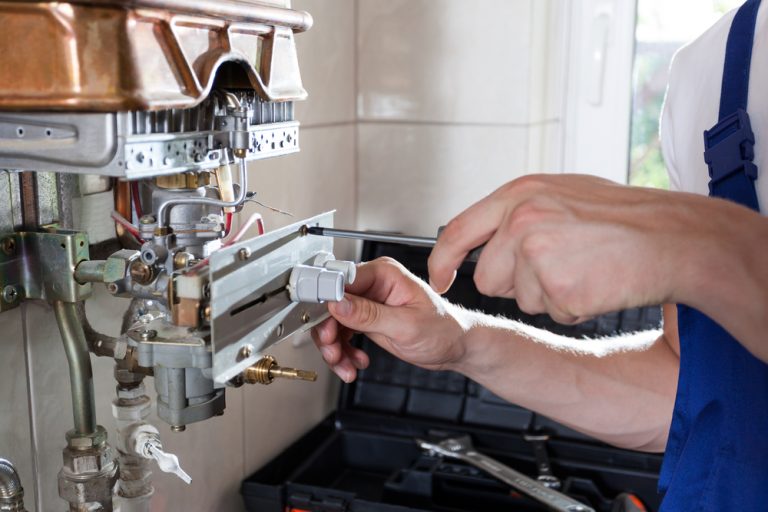Gas heaters should be professionally installed and maintained on a regular basis. Defective heating equipment could start a fire or poison your home with lethal poisons like carbon monoxide. Getting gas heater servicing and repairing done on a regular basis will guarantee that it runs safely and efficiently.
How often should you have gas heater servicing and repairs done?
It is recommended that your gas heater is serviced by a professional gas heater service after every two years. It’s also a good idea to do this right before winter and when you will be using the heater a lot. Check your unit’s manual to see whether your manufacturer recommends maintaining it even more frequently.
If you have a ducted heating system, see the owner’s manual or contact the manufacturer to see if professional duct cleaning is required.
Sign that my gas heater needs servicing and repairing
If your heater is exhibiting any of the symptoms listed below, you should contact a local gas heater servicing and repairing expert in your locality for gas heater repairs right away.
- The walls near the heater get extremely hot to touch too often
- Due to the strong heat, there are traces of discoloration on the walls or heater panels
- The flame of the heater appears sooty, smoky, or yellowish in colour
- The pilot light turns off frequently. When lighted, it creates loud noises
- The room and/or building have a gaseous smell
A malfunctioning gas heater might cause carbon monoxide formation. This could result in accompany common symptoms such as Exhaustion, difficulty breathing, severe headaches, lightheadedness, nausea or vomiting, weakness, confusion, or chest discomfort . If this occurs, immediately turn off the heating, open all windows, and exit the building. Consult your doctor to see if the symptoms you’re experiencing are related to carbon monoxide poisoning.
Tips to maintain longevity of you gas heater
- Allow fresh air to enter the space at all times
- To protect young toddlers from burning, place a barrier around the heater
- Due to the risk of fire, do not dry garments or objects by placing them on the heater
- Use caution in rooms with poor ventilation or where people sleep
- Even if the gas heater is turned off, do not store solvents or pressurized cans near it
- Indoor heaters should not be used outside, and vice versa
- Always use heaters for the purpose for which they were designed, as detailed in the owner’s manual
If you are using an outside patio heater, make sure it’s securely fastened in case of severe winds or other situations.


 0412 189 238
0412 189 238